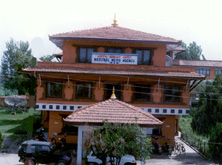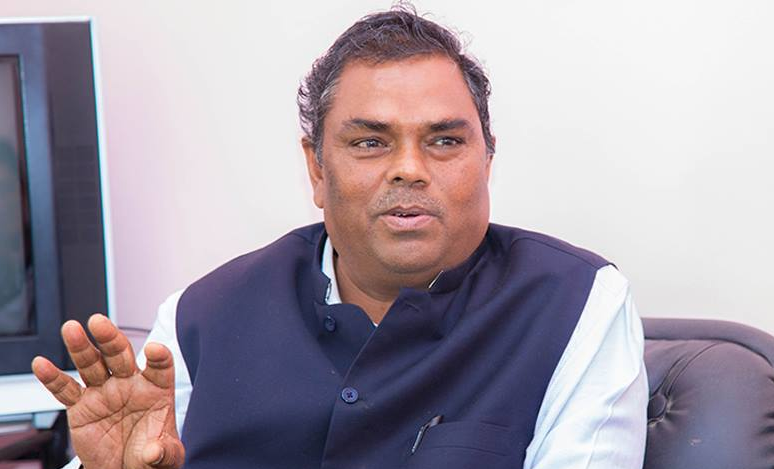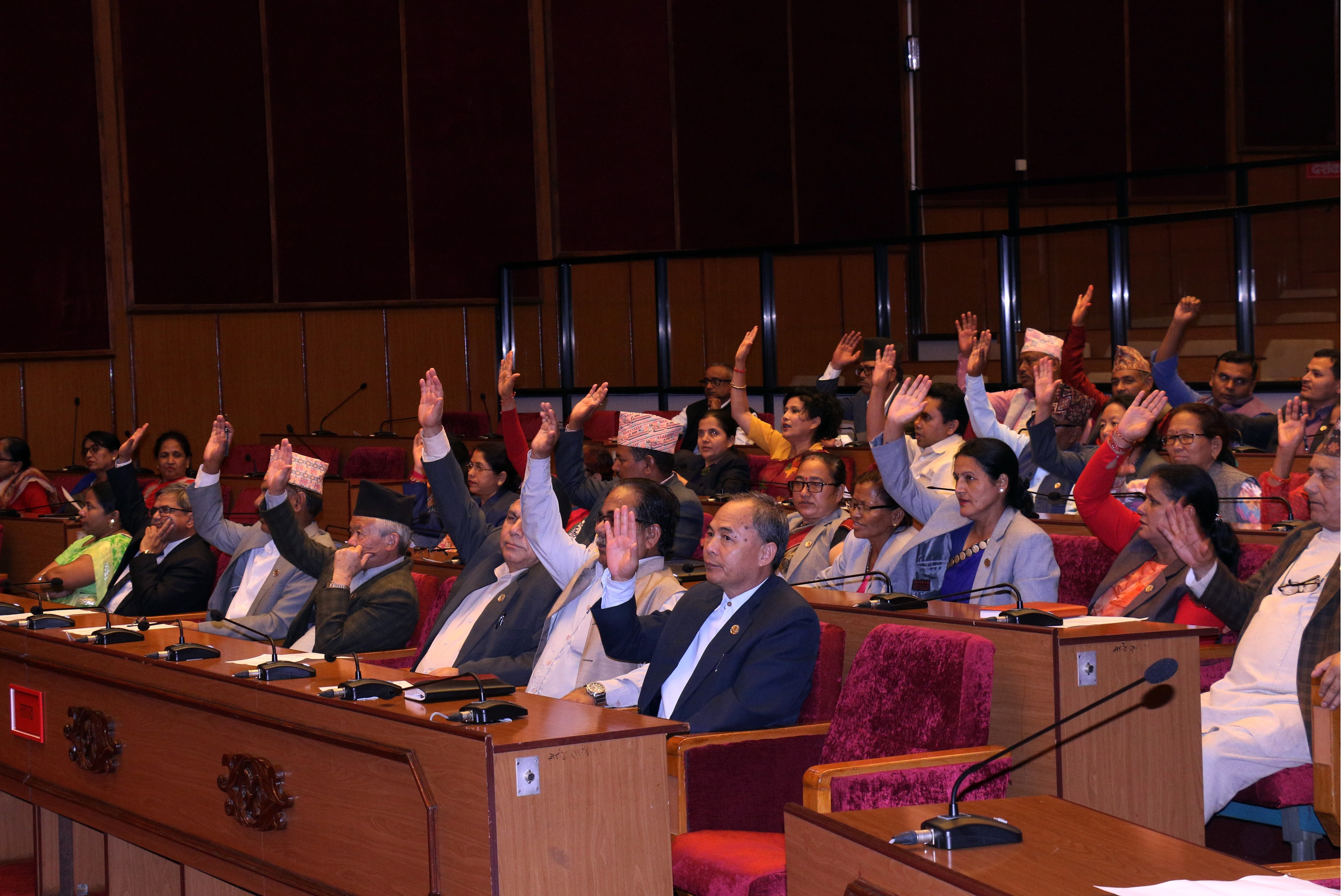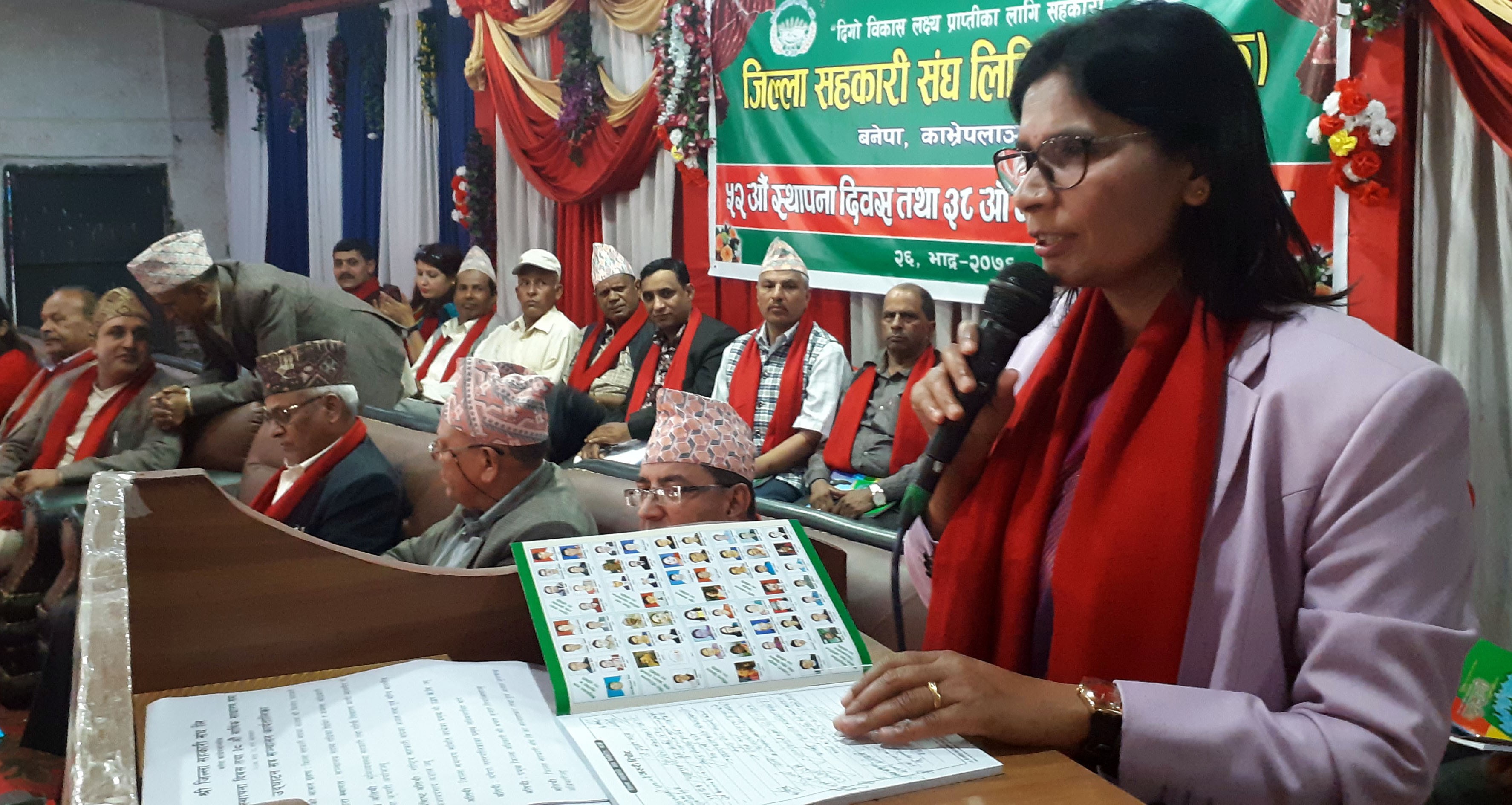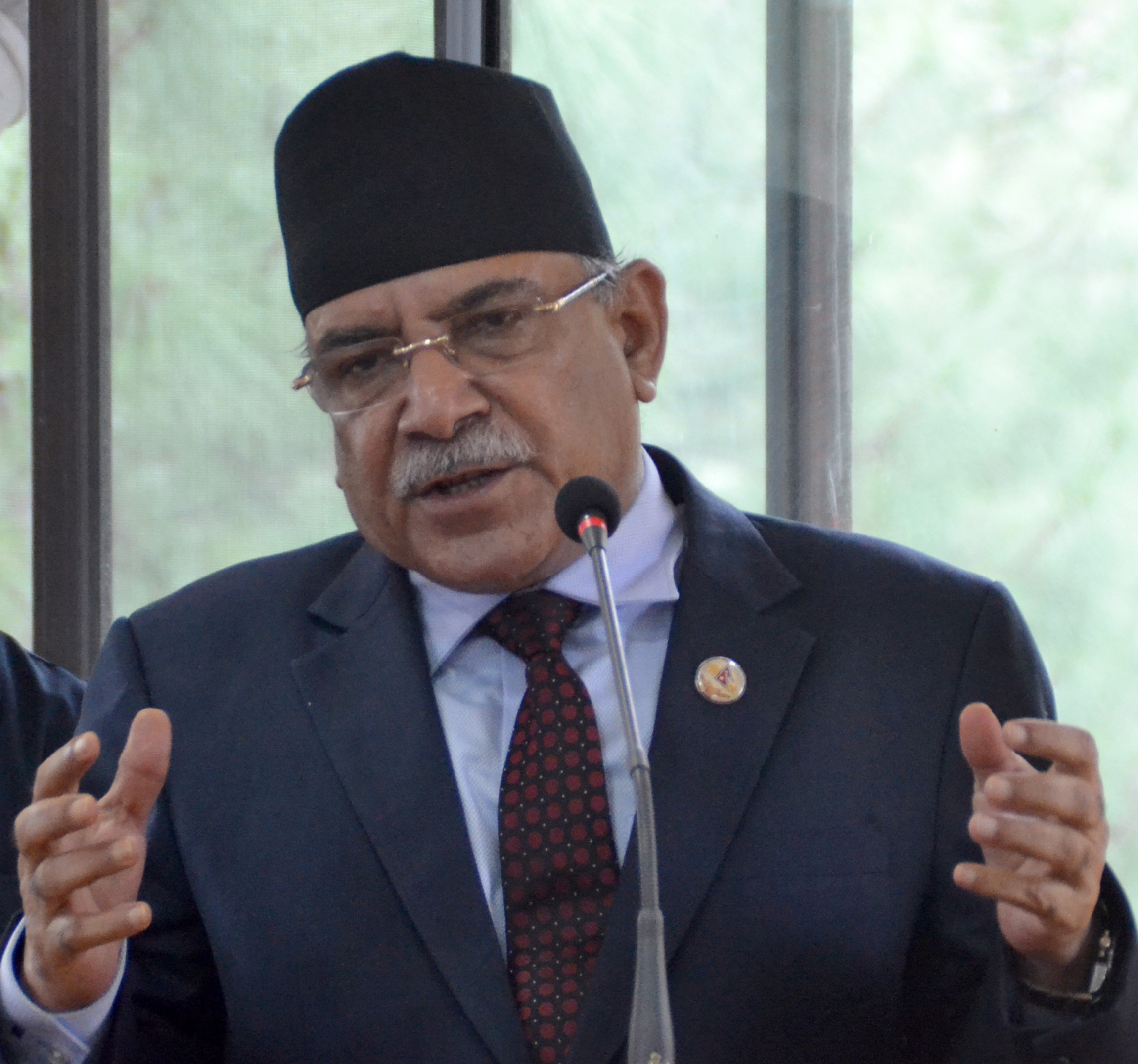House continues deliberations on new policy and programmes: received mixed reactions

Kathmandu, May 18 : The House of Representatives (HOR) continued discussions on the government policy and programmes for the fiscal year 2077-78 BS (2020-21) in today's session as well.
The lawmakers from the ruling parties spoke in support of the new policy and programmes while the main opposition Nepali Congress leaders said fresh policy and programmes were not capable of dealing with the existing situation and were 'beyond' the reality.
When the major ruling Nepal Communist Party ( NCP) lawmakers applauded the policy and programmes, citing that the government had presented a road map for country's prosperity through them, major opposition NC leader Dr Shashanka Koirala asserted that the government failed to present concrete plans to deal with the COVID-19. Though the control of COVID-18 was said to be priority of policy and programmes, no substantive plans toward that end were manifested in the document, he said. No plans of relief package for people with minimum income had been brought through the policy and programmes when the country was grappling with the COVID-19 crisis, he said, underlining the need for further enhancing the role of local governments to make relief distribution efforts more effective. He claimed opposition's abundant support and cooperation to the government in this crisis. "But the government efforts to control the pandemic are insufficient."
Koirala drew the government's attention towards enough supplies of seeds and fertiliser by modernizing agriculture sector to avoid the possible risk of hunger in post-pandemic time. He advised the government to revise the 'modality' of Prime Minister Agriculture Modernisation Project, accusing it of being failed to give first priority to agriculture and pay attention to the protection of the industrial sector from possible danger during the crisis.
NCP lawmaker Bheem Rawal said issues for minimising possible economic loss after the pandemic had been incorporated in the new policy and programmes. ''Programmes for infrastructure development in health sector and for further development of agriculture and educational sectors are tremendously good,'' he said, underlining the need of implementing them through appropriate budget allocation.
He was of the view of not endorsing the agreement on Millennium Corporation Challenge (MCC) from the parliament as it is.
Following his line, another lawmaker from the party Radha Kumari Gyawali said the policy and programmes had created a base for building a prosperous Nepal.
NC's Prakashman Singh claimed that the zero tolerance against corruption was limited to a slogan. The government could take action against the perpetrators of economic irregularities. Nation's economy was heading towards a negative direction, he added, seeking that the upcoming budget should be capable of bringing economy back to a right track.
Rastriya Janata Party's Mahendra Ray Yadav evaluated the new policy and programmes as 'conventional' which he claimed could not address the COVID-19 crisis and its subsequent effects. He demanded the government allocate budget to revive those sectors hit by coronavirus.
He echoed the need of policy and programmes able to support the national economy and allocating 10-15 percent budget to the agricultural sector. He called on the government to invest more in the health sector.
Federal Socialist's Rajendra Prasad Shrestha argued the policy and programmes failed to serve the spirit of federalism while Rastriya Prajatantra Party's Rajendra Prasad Lingden plans for creation of jobs were missed in the policy and programmes, urging government to pay its attention to the control of unproductive and unessential expenditures.
Recent News

Do not make expressions casting dout on election: EC
14 Apr, 2022
CM Bhatta says may New Year 2079 BS inspire positive thinking
14 Apr, 2022
Three new cases, 44 recoveries in 24 hours
14 Apr, 2022
689 climbers of 84 teams so far acquire permits for climbing various peaks this spring season
14 Apr, 2022
How the rising cost of living crisis is impacting Nepal
14 Apr, 2022
US military confirms an interstellar meteor collided with Earth
14 Apr, 2022
Valneva Covid vaccine approved for use in UK
14 Apr, 2022
Chair Prachanda highlights need of unity among Maoist, Communist forces
14 Apr, 2022
Ranbir Kapoor and Alia Bhatt: Bollywood toasts star couple on wedding
14 Apr, 2022
President Bhandari confers decorations (Photo Feature)
14 Apr, 2022
